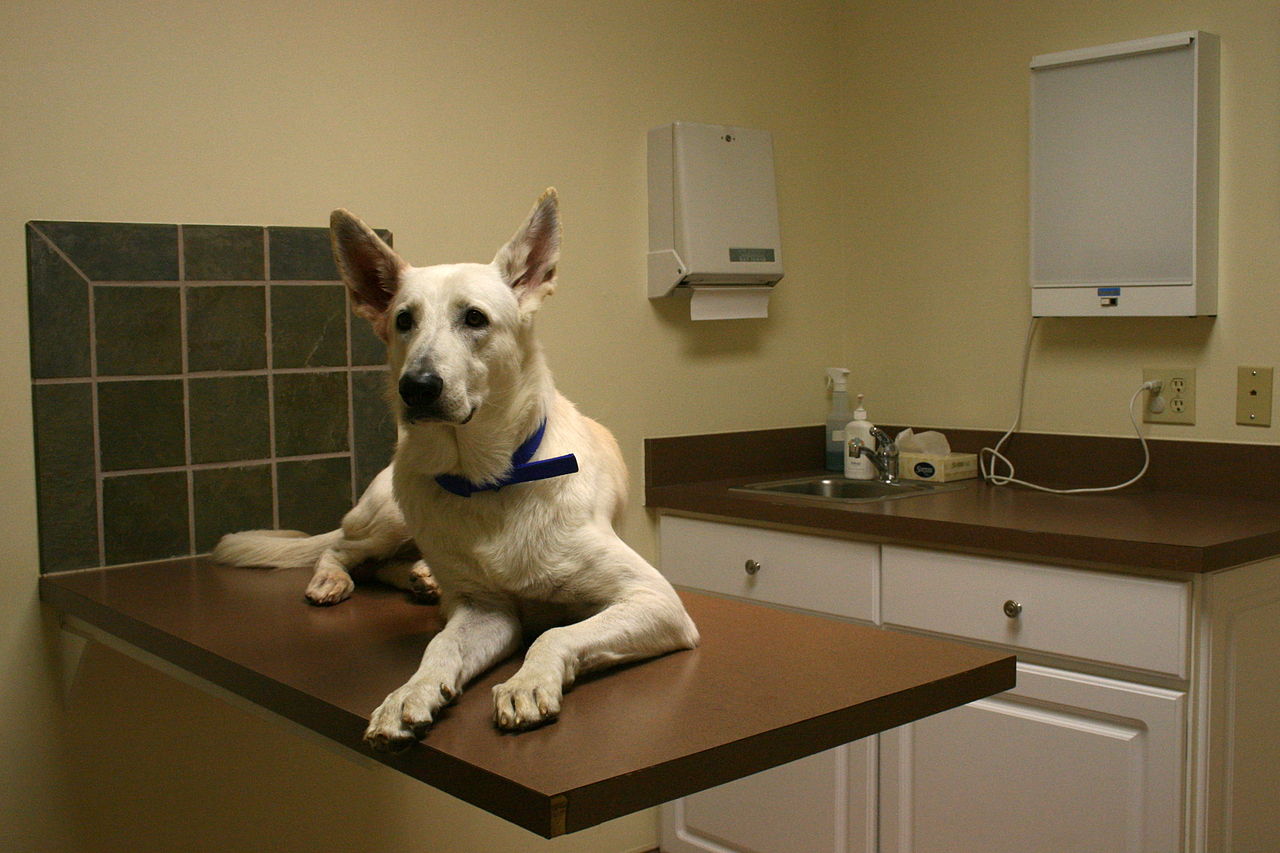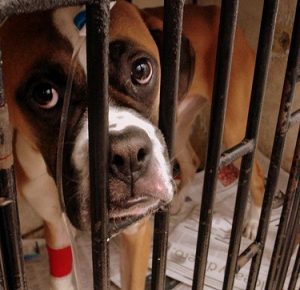The Patella is another name for the kneecap. The Patella is in a track where it slides up and down when the knee bends and extends. Patellar Luxation is when the groove in the knee is abnormally shallow and the knee cap slips in and out of position in the stifle (knee) resulting in lameness. PL can be hereditary and is most common in small dogs but can appear in larger breeds as well. It is rarely seen in cats but can occur. Some breeds prone to knee problems are the Shih Tzu, Pug, Toy Fox Terrier, Silky Terrier, Yorkshire Terrier, Pomeranian, Toy Poodle, Papillon, Pekingese, Cavalier King Charles Spaniel, Chihuahua, Italian Greyhound, Havanese, Affenpinscher, Cocker Spaniel, Australian Terrier, Border Terrier, Dandie Dinmont Terrier, Parson Russell Terrier, Scottish Terrier, West Highland White Terrier, Maltese, Bichon Frise, Boston Terrier, French Bulldog, Tibetan Spaniel, Dachshund. Some larger breeds are American Eskimo Dog, Chow Chow, Poodle, Shiba Inu and Great Pyrenees.
If you notice your dog limping, holding its leg up or hopping or skipping when walking or running, there’s a good chance it’s a problem with the kneecap. Your vet can usually diagnose PL by palpating the knee. But most often x-rays are recommended to be sure there are no other problems. The constant slipping of the kneecap can cause damage resulting in arthritis.
Most dogs don’t require any treatment except occasional pain relievers or anti-inflammatories. Supplements like glucosamine/chondroitin can be given and have shown to help.
It’s very important to keep your pet from becoming overweight. Surgery may be necessary in severe cases or with overweight pets.
This does not mean your dog will suffer with patellar luxation. Awareness of the possibility of a problem will alert you if your dog appears lame.
Video


